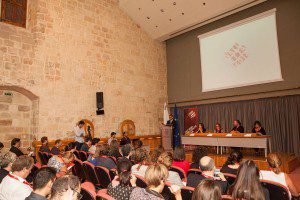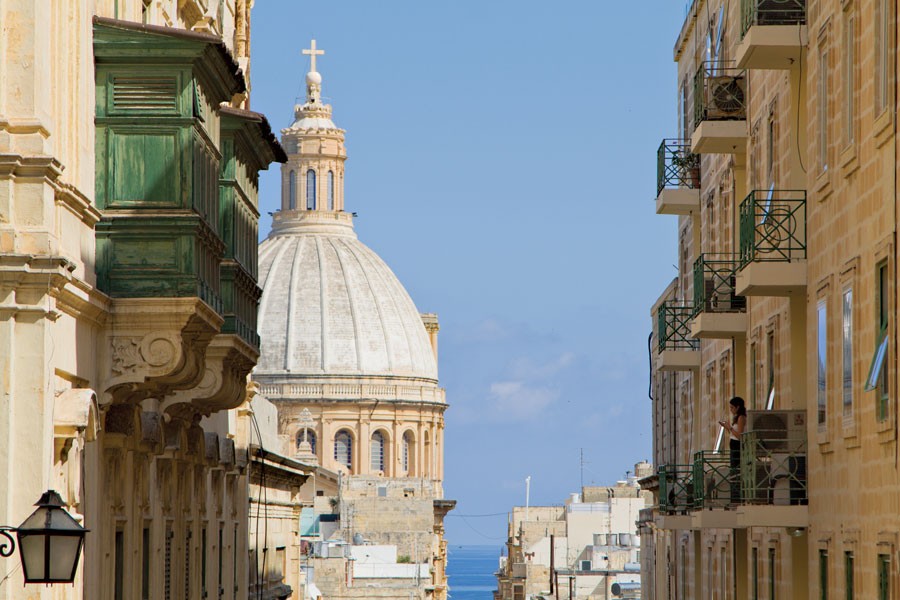Cities are constructed from spaces pulsing with energy. They rely heavily on culture and innovation, which act as their lifeblood. Cities are in constant flux as they would stagnate without change. The role of the city is to drive the whole country forward. When it comes to city growth, culture is pivotal, be it in the form of art or phenomena that impact culture, such as the economy, or widespread immigration. Word by Victoria Galea.
Culture ties with sustainability. Danish action-philosopher Dr Oleg Koefoed reflects upon the role of urban and cultural sustainability and innovation, specifically that focused on building networks mainly in the Nordic and Baltic regions. He is currently involved in the innovative Valletta Design Cluster at the Old Abattoir site, an intervention project involving Valletta, Gdansk, and Copenhagen.
Koefoed states there will always be some who fear change and others who embrace it or work for it. Within the field of migration, for example, there will be those who fear a changing social fabric. They will try to resist such change and this will cause long-term damage, because whatever they say or do, change is inevitable and this, of course, also applies to cultural change. Koefoed asserts that ‘cultural change is not necessarily aggressive or negative.’ For us to reap the benefits of change, we need to use the differences immigration brings to develop new ideas for the benefit of the community.

Koefoed was recently in Malta as one of the speakers at the ‘Cultural Mapping: Debating Spaces and Places’ international conference, which was organised by the Valletta 2018 Foundation. He highlighted cultural mapping as an innovative tool to stimulate change.
Cultural mapping is recognised by UNESCO as a technique to preserve and promote the world’s cultural assets, drawing attention to the existence and importance of tangible and intangible cultural resources within a community. Koefoed believes that through this mapping process, cultural resources ‘become a tool, not so much to predict or control but to help bring about an evolution. This is not necessarily about the planned future but about the anticipated future.’
Koefoed believes that cultural mapping helps better planning within an uncertain future. He explains that this is what we should be working for—to plan for the things that we presently do not know. ‘Shouldn’t we be able to stretch the type of cultural mapping model we are working with further? Let’s add more dimensions. Let’s add more versions of potential situations and possibilities of what could happen, while looking at the big waves that are actually hitting us.’
Analysis of cultural mapping is applicable beyond their territorial base. ‘The elements and results of cultural mapping are significant beyond their immediate sphere of influence. The real worth of mapping culture goes beyond a single project’s findings and is an internationally relevant tool,’ states Koefoed.
By placing cultural mapping at the forefront of a community’s cultural change, Koefoed’s argument suggests that it is also central to the cultural sustainability of the community. Apart from this, it also allows us to plan ahead when the future is unclear, ensuring a life-enhancing transition throughout the inevitable process of cultural change.





Comments are closed for this article!